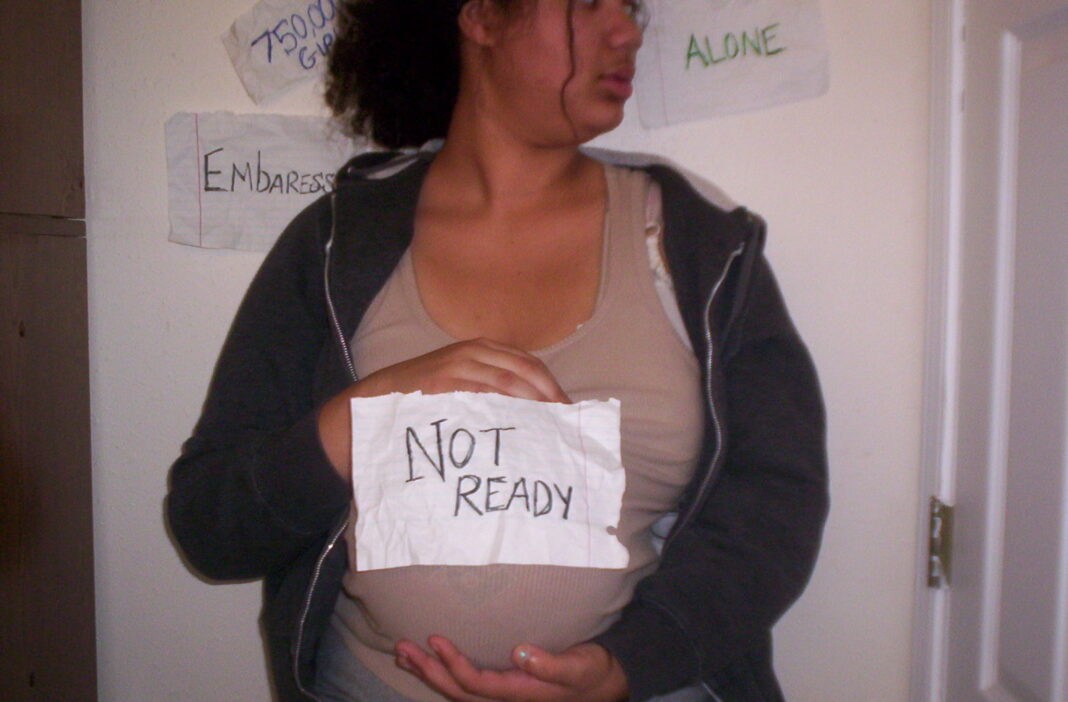BOLIVIA. Sucre: In 2013, the number of pregnancy cases among teens between 15 and 19 years old, according to the Ministry of Health in Bolivia, was 90,005. As for 2020, the number of pregnant girls under the age of 19 was 13,000 until July. Furthermore, activists estimate that around 80,000 clandestine abortions take place in the country every year. Consequently, abortion is the third cause of maternal death.
Unsafe abortions threaten the lives of thousands of girls
According to Marie Stops International (MSI) a global organization that works to help women and girls to have children by choice and not by chance, Bolivia ranks among the seven countries with the highest number of teen pregnancies in Latin America and the Caribbean. Although acceptance is low and a vast majority of the population is a rather conservative society, the organization managed to prevent 21,000 unsafe abortions in the country in 2019.
However, the number of yearly abortions may be as high as 80,000. Women and any person who may be involved in a case of illegal abortion could face not only prison time, but, in the case of women, even death under the hands of negligent doctors.
In a report by El Día, a national newspaper, the case of a 15-year-old girl shocked the whole country. The young girl was raped by two public health specialists. The girl had gotten pregnant and did not tell her mother due to fear. Instead, she opted for abortion. Without any kind of professional assistance, she decided to go to a pharmacy and get Cytotec at a price of 500 bolivianos (73 American dollars). Once the girl proceeded to use the tablets, the pharmacist took advantage of her humble background and vulnerability to rape her. The girl finally decided to tell her mother. When the mother went to the pharmacy to face the aggressor, the man returned the 500 bolivianos under the condition of them not denouncing him.
Four days after the incident, the girl had to be taken to the hospital due to heavy bleeding. She was taken to Mendoza Hospital. However, once the doctor realized her precarious situation, he did not assist her but instead raped her. Unfortunately, this is only one of the vast number of girls who suffer every day.
Abortion is not only the third cause of maternal death in Bolivia, but is also listed by the United Nations as a cause of poverty in countries within Latin America and the Caribbean.
A battle to decide whether women should or should not have the right to choose
In 2017, the penal code of Bolivia added more causes to allow women access to abortion under Article 157. However, this change was overruled in 2019 by the senate through a law called Ley Nº 1027, which criminalizes abortion again with the risk of two to six years in prison. The feminist movement accused former president Evo Morales since it was he who issued the law. In a country as conservative as Bolivia, progress in terms of women’s rights still faces various obstacles.
One of the clauses added in 2017 under Article 157 included one that allowed a woman to opt for an abortion in case her life was in danger. This particular became controversial since poverty or mental health problems could be considered legitimate causes. Nevertheless, even when this was implemented in 2017, many doctors, priests, and civilians disapproved and expressed their discontent on social media.
In an interview with Gabriela Yáñez Garvizu, Master in Clinical Psychology and an active advocate for women’s rights in Bolivia, she told Transcontinental Times, “In Bolivia, it is (abortion) legal in three instances. Sexual violence, incest, and risk to the mother’s life. Sadly, in Bolivia, these instances are not respected. There are many doctors that put obstacles and many people who do not let women abort despite the fact of its legality.” She added that in the case of the third instance, a doctor is the one who has to evaluate and report if a woman is facing a risk to her life. What is not very clear in what exactly constitutes a risk.
A campaign of prevention is needed
The Ministry of Health in Bolivia has been working incessantly to prevent unwanted pregnancies in young girls. In 2020, they implemented a campaign titled, “If you take care of yourself, you win.” This offers assistance and sexual education to teen girls in small towns and villages.
Women in Bolivia suffer not only sexual violence but also subjected to a system that undermines women’s decisions over their bodies and their right to choose. Besides the risk of unplanned and undesired pregnancies, many are at risk of contracting sexually transmitted infections, including HIV.



